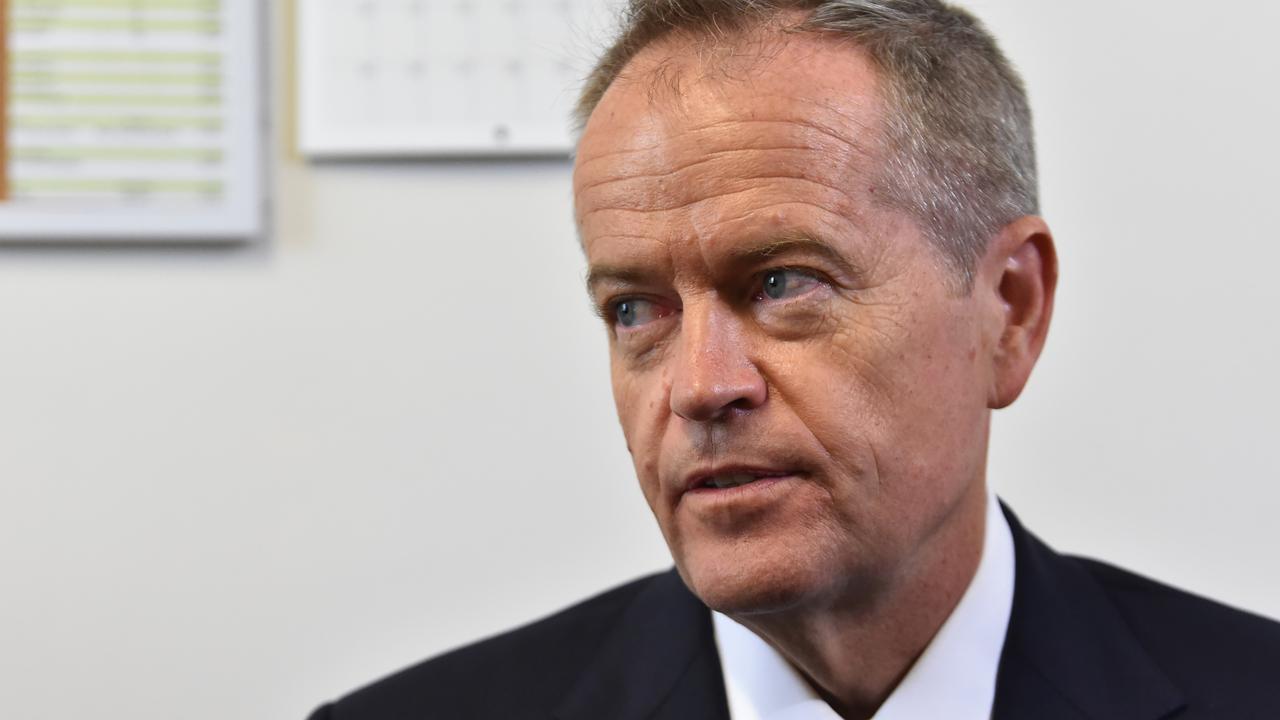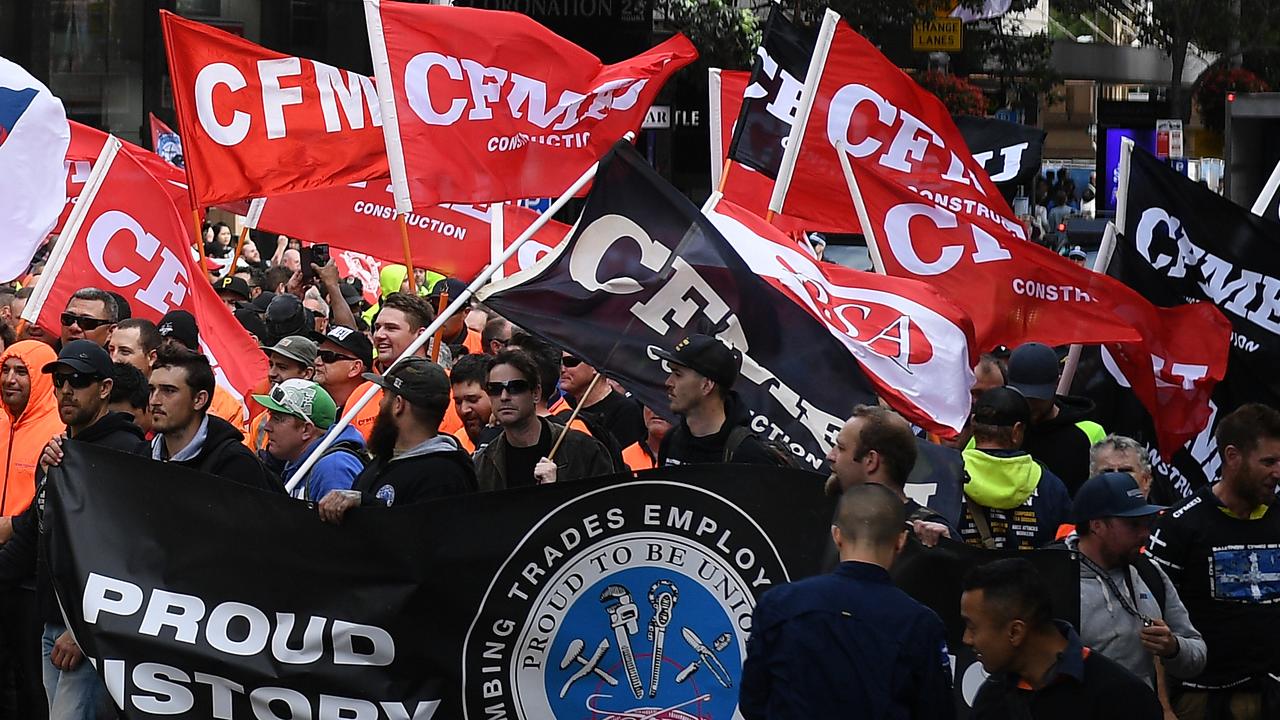Push for overhaul on penalty rates
A two-tier workplace relations system has been proposed by a Productivity Commission report.
A two-tier workplace relations system that safeguards penalty pay rates for nurses, paramedics and other frontline occupations, but moves retail and hospitality workers to more flexible working arrangements, has been proposed by a Productivity Commission report under government review.
It is understood the draft report, to be published today, recommends making the distinction in the industrial relations framework between penalty rates in workplace agreements for medical and emergency workers, and award-stipulated rates for semi and unskilled workers, as sought by business and employer groups.
The recommendations, which are fewer in total than other commission reports but sit alongside a comprehensive analysis, are designed to present a strong and measured blueprint for reform. They are likely to be welcomed by the government, which has been briefed on the proposals, as realistic and achievable, supporting a case for industrial relations reform that it can take to the next election. However, one of the more radical and controversial proposals would involve imposing a handbrake on the rise in the minimum wage.
The move, designed to level the playing field for contract workers, would mean keeping the safety net, but slowing its rate of growth. The Fair Work Commission’s last increase to the minimum wage was 2.5 per cent to $17.29 an hour.
The recommendations in the report — commissioned by the government to review the nation’s “workplace relations framework” — pave the way for individual flexible arrangements for retail and hospitality, rather than across-the-board penalty rates that business groups argue are unsuitable in modern workplaces.
The proposals reflect the “supply” issue, addressing the need to encourage medical and emergency workers, including police, to work night or weekend shifts, compared with students, for example, who choose to work Sunday afternoon shifts. Many awards currently have different penalty rates for Saturdays and Sundays, even though consumers shop across the weekend.
The government has promised community consultation before making any changes in response to the commission’s final report in November.
Unions have threatened to fight any moves to unwind weekend penalty rates, and responded with anger to the commission’s issues papers setting out the inquiry’s terms of reference in January. However, a distinction that carves out conditions for skilled workers could take the heat out of the campaign, particularly from the Australian Nursing and Midwifery Federation, which has a large degree of independence from the rest of the labour movement.
The federation has said it is “prepared for action” at the slightest “threat” to extra payments for working weekends and overnight.
Annie Butler, assistant federal secretary of the federation, told The Australian: “If there are threats to their penalty rates they will turn out in force.”
She pointed to a survey this year of 13,101 members in which the majority supported strike action if such a move were made.
Shop Distributive and Allied Employees Association national secretary Gerard Dwyer has vowed to campaign against changes to penalty rates for retail workers, arguing that “weekends are a special time”.
“The government agenda is structured to drive down take-home pay,” Mr Dwyer told The Australian. “I would hope that (the Productivity Commission) would see penalty rates as fair compensation for people who work unsociable hours. But I think it will be used (by the government) to further attack the take-home pay for those people on modest incomes.”
However, it is likely the commission will have noted the SDA’s template enterprise agreement with Business SA unveiled earlier this year.
The deal, which is yet to be ratified, scrapped Saturday and halved Sunday penalty rates in return for higher base pay.
Unions and free marketeers agree the Productivity Commission report will pave the way for changes to industrial relations laws.
James Paterson, deputy executive director of conservative think tank the Institute of Public Affairs said: “There’s a dire need for reform. A lot will hinge on this report. Hopefully it will give the government the courage, the cover, the impetus and the data for change.”
The Australian Chamber of Commerce and Industry submission to the commission’s review called for changes to penalty rates and unfair dismissal laws, while the Australian Industry Group wanted greater flexibility.
The government asked the commission last year to examine the “workplace relations framework”, including reviewing pay and conditions and the minimum wage, “barriers to bargaining” and “industrial conflict and days lost due to industrial action”.
The commission will seek further submissions and embark on a new round of public hearings before it publishes its final report.



